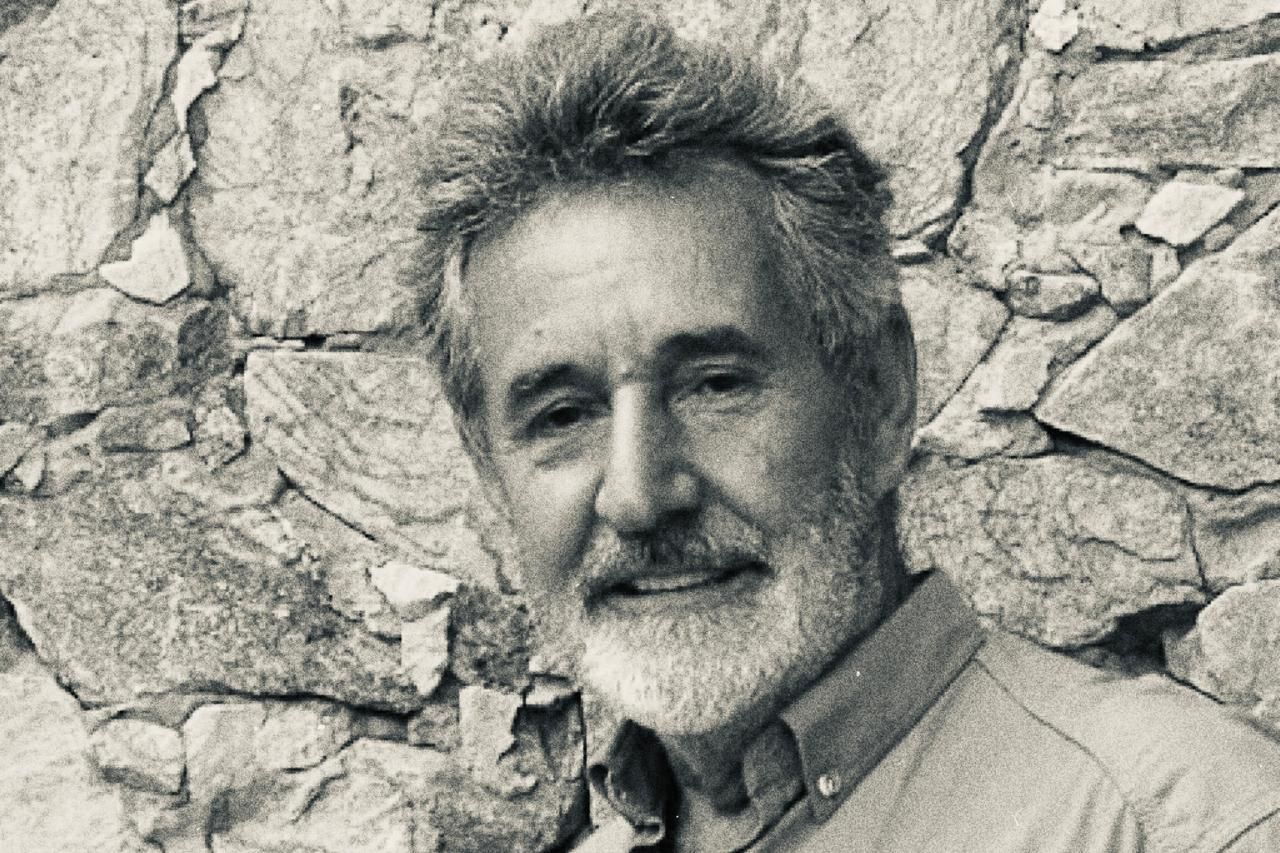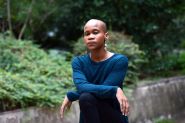
South African writer and anti-apartheid icon Breyten Breytenbach, a poet, painter, and global voice against racial segregation, passed away peacefully in Paris at the age of 85, as confirmed by his daughter.
Breyten Breytenbach, one of the most honored South African writers, left an indelible mark on literature and activism. Born in 1939 in Bonnievale, a small town in the Western Cape, he grew up speaking Afrikaans, a language often tied to South Africa’s oppressive apartheid system. Yet, Breytenbach transformed his mother tongue into a powerful tool for resistance.
In the early 1960s, Breytenbach left South Africa and settled in Paris, where he emerged as one of the strongest international voices opposing apartheid. His marriage in 1963 to Yolande Ngo Thi Hoang Lien, a French citizen of Vietnamese descent, rendered his return to apartheid-era South Africa legally impossible, as interracial marriages were banned.
A Life of Creativity and Resistance
Breytenbach’s literary legacy includes over 50 works, ranging from poetry to prose. His first poetry collection, Die ysterkoei moet sweet (The Iron Cow Must Sweat), was published in 1964 when Afrikaans was becoming a symbol of apartheid governance. Despite his deep connection to the language, he rejected its association with Afrikaner political identity. "I’d never reject Afrikaans as a language, but I reject it as part of the Afrikaner political identity," he told The New York Times in 1965.
His acclaimed memoir, The True Confession of an Albino Terrorist, written in English, recounts the harrowing years he spent in South African prisons. In 1975, Breytenbach returned to South Africa under a false passport to support the anti-apartheid movement but was arrested and sentenced to nine years in prison, serving seven, including two in solitary confinement. He vividly described the horrors of his imprisonment, including hearing fellow inmates being executed.
From Activism to Art
While in prison, Breytenbach began painting, creating surreal works that often depicted figures in captivity. His art gained international recognition, with exhibitions in Johannesburg, Paris, Amsterdam, and Hong Kong. His writing also garnered prestigious awards, such as the Zbigniew Herbert International Literary Award (2017) and the Mahmoud Darwish Literature Prize (2010).
After his release in 1982, secured in part by French President François Mitterrand, Breytenbach returned to Paris, became a French citizen, and continued to write and paint prolifically. Though apartheid ended in 1994, Breytenbach remained critical of South Africa’s new leadership, lamenting what he described as a "seemingly never-ending parade of corrupt clowns in power."
Global Influence
Breytenbach’s influence extended beyond South Africa. He taught at institutions including New York University, the University of Cape Town, and the Gorée Institute in Senegal, where he promoted peacebuilding in Africa. Despite his global presence, he remained tied to South Africa, regularly returning to his homeland even as he divided his time between France, the United States, and Senegal.
"His words, his paintings, his imagination, his resilience will continue to guide us," said his daughter, Daphnée Breytenbach, in her tribute. A Knight of the Legion of Honor and Commander of the Order of Arts and Letters, Breytenbach’s life was a testament to the power of art and activism to challenge injustice and inspire change.
With AFP



Comments